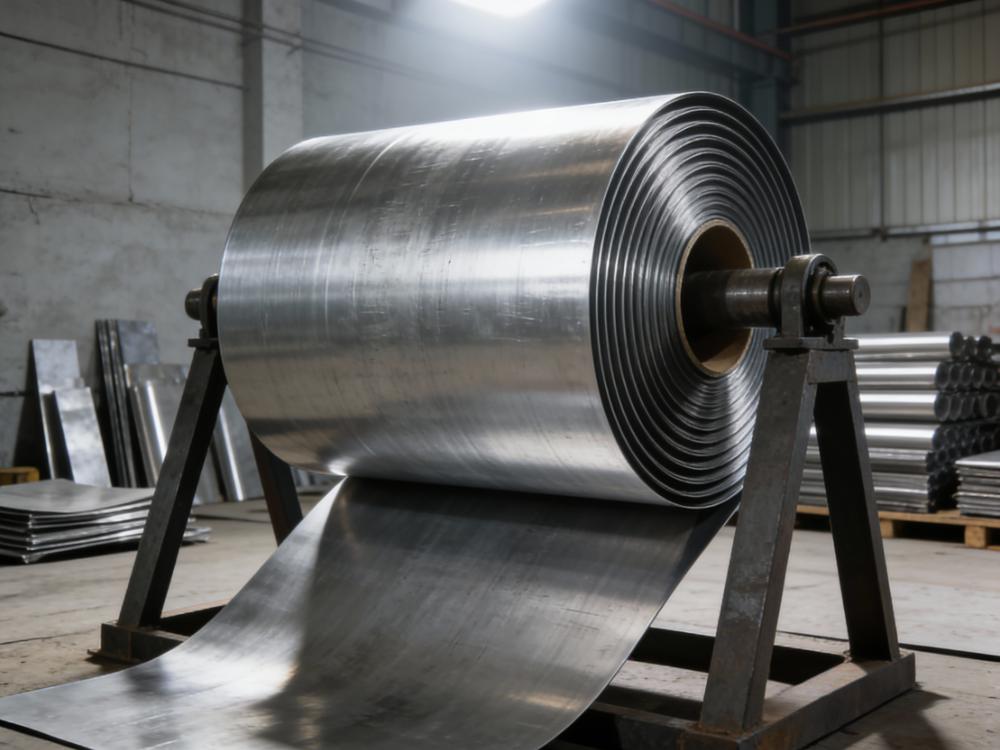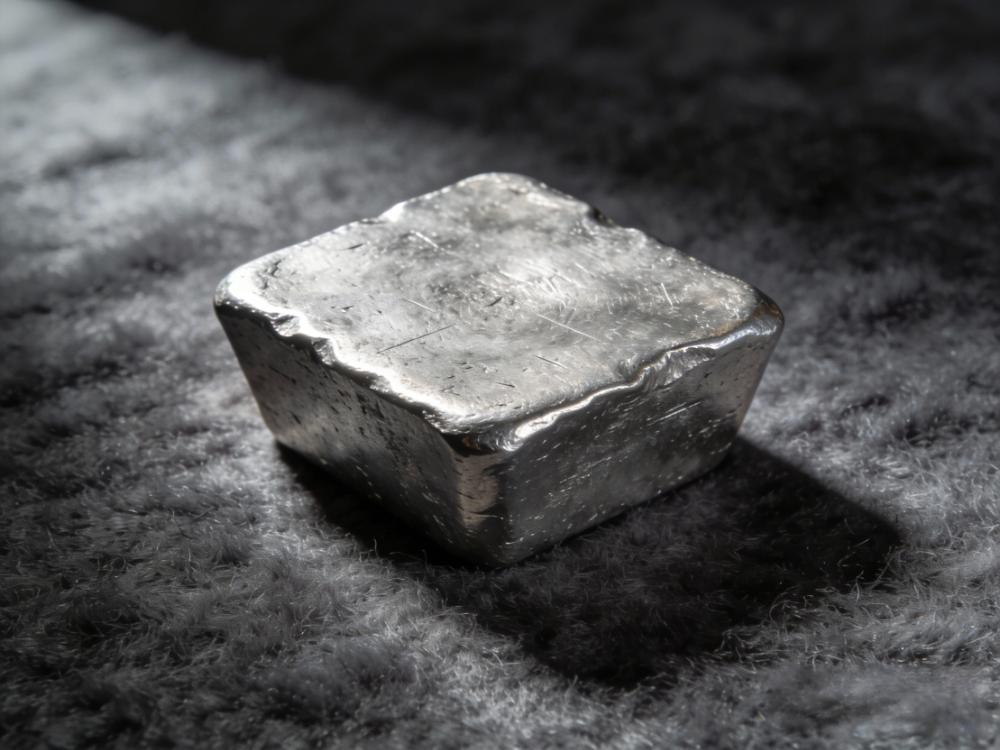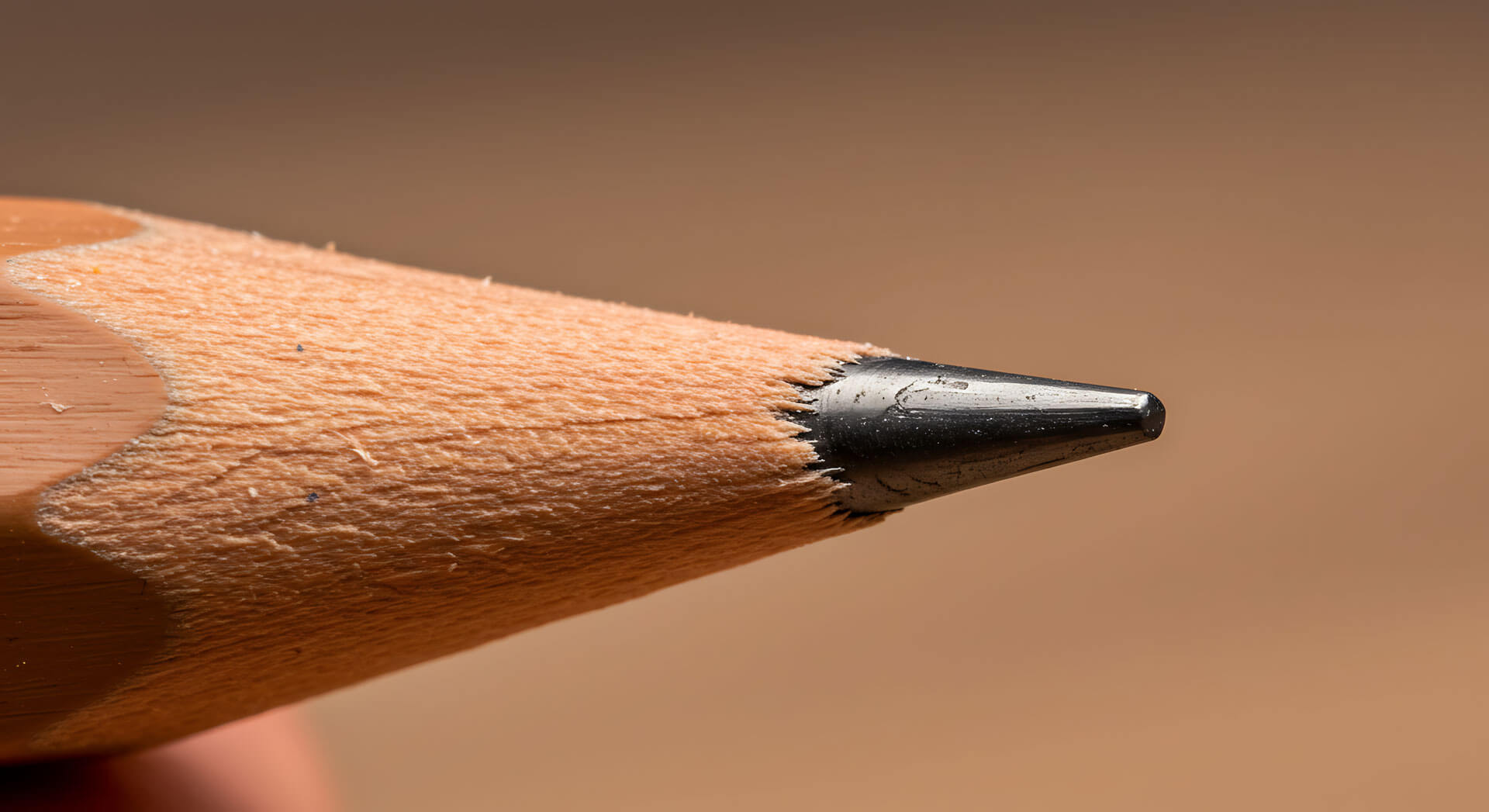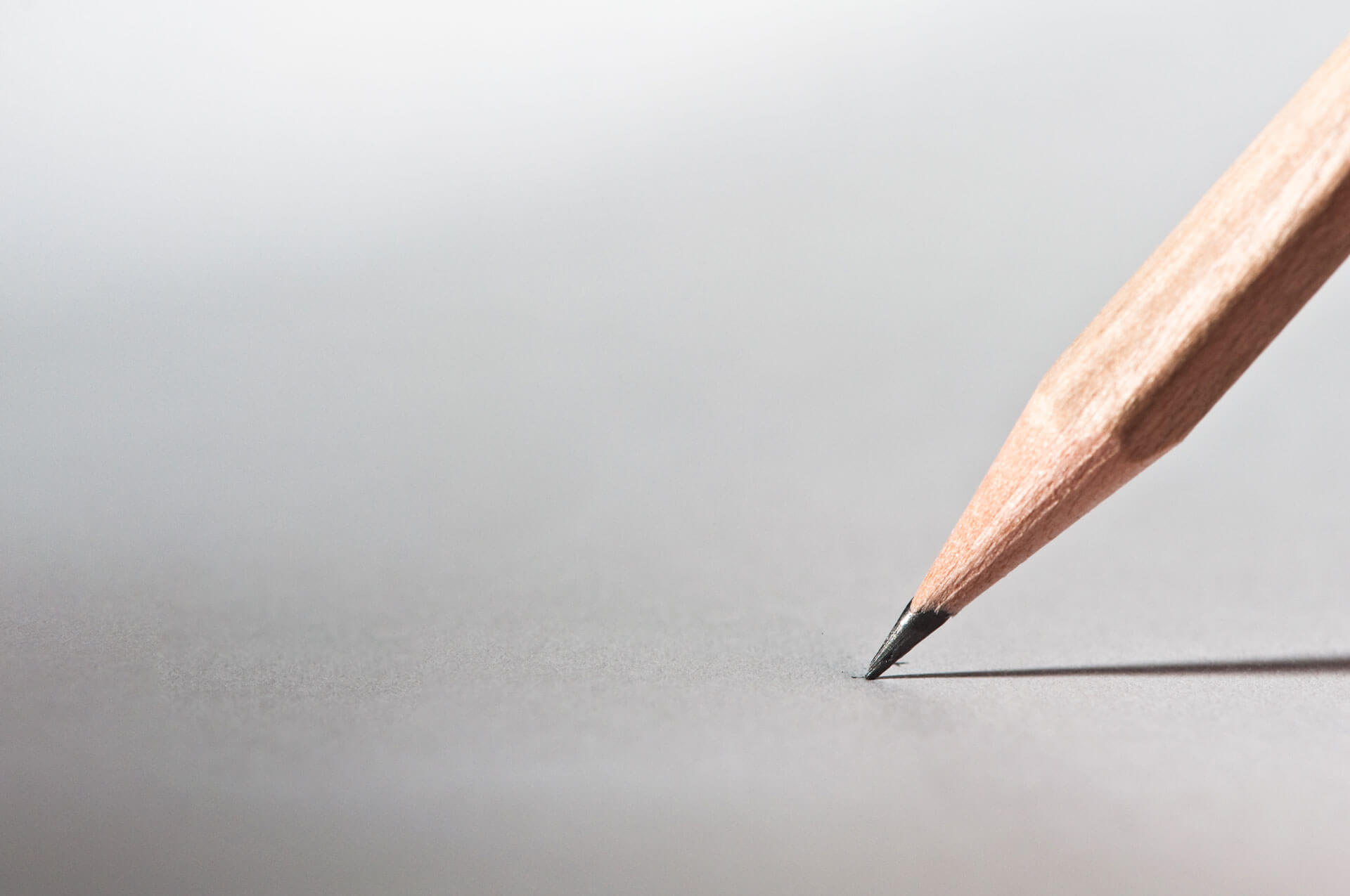SMM3, June 6: the 2019 national "two sessions" are being held. In recent days, for the battery industry, Most concerned is a proposal put forward by Zhang Tianren, a deputy to the National people's Congress and chairman of the Tianneng Group, on adjusting and abolishing the battery consumption tax, which he has put forward for four years in a row. This year, he once again spoke on behalf of the whole industry, calling for the adjustment and abolition of the battery consumption tax as soon as possible to promote the high-quality development of China's battery industry.
First, the terminal consumption of lead-acid batteries in the domestic market is weak, which is basically in the buyer's market. Whether the consumption tax can be transferred is open to question.
Second, China's lead battery exports increased by nearly 40% in 2014 compared with the same period last year, which was achieved at the expense of profits at the expense of prices. If the consumption tax of 4% is levied, China's lead-acid batteries will face strong competition from Vietnam, India and other places. It is not clear whether the export market can be preserved at that time.
Third, if the collection of consumption tax can not be implemented in the three non-enterprises, it will cause a greater blow to the formal enterprises, and the healthy development of the industry will be distorted.
In fact, the news of a consumption tax on lead-acid batteries was first announced at the end of November 2012. At that time, the Ministry of Finance and others proposed to impose a 5% consumption tax on lead-acid batteries. By the end of 2013, the two ministries had again proposed a expropriation bill and actively consulted with associations and enterprises. Although there was a greater determination to collect at that time, it was eventually stranded by the strong opposition of the battery industry. Companies say they have made meagre profits and that levying a consumption tax is the equivalent of the last straw that killed them.
However, with the government's firm determination to environmental protection and industry restructuring, the consumption tax was finally implemented. In the second year after the full collection of battery consumption tax, the association conducted a statistical survey of 52 large and medium-sized lead-acid battery enterprises, paying a total of about 2.32 billion yuan in consumption tax in 2016, compared with a total profit of only 1.93 billion yuan in the same period. This makes the vast number of lead-acid battery enterprises, including Tianneng Group, "complain endlessly."
It is understood that lead battery is a low profit margin industry, the main business profit margin has been hovering in the low range of 2% to 4% for many years. According to the China Battery Industry Association, the total profit of the lead battery industry in 2018 was about 6.4 billion yuan, down 1.92 percent from the same period last year, and the profit margin was only 4.24 percent. Among them, the number of lead-acid battery enterprises above scale is 3.861 billion yuan, which is basically the same as the same period last year, with an increase of only 0.32%, and the profit margin is only about 4.32%. After paying the consumption tax, the profits of the enterprises in the industry are few, and the turnover of funds is generally difficult. There is a lack of stamina for development. It is also understood that among the more than 190 enterprises of scale or above, 55 enterprises have lost money, with a loss of nearly 30 percent, and a loss of 576 million yuan, an increase of 13.39 percent over the same period last year.
Liu Baosheng, vice chairman of the China Chemical and physical Power Industry Association, chairman of the acid battery branch, and chairman of Fengfan Co., Ltd., has publicly stated that The levying of consumption tax on lead-acid batteries will bring great challenges and impacts to the lead-acid battery industry, which is fully competitive, low profit margin and gradually standardized industry. In addition to the impact on the industry enterprises, many people in the industry also said that the "one-size-fits-all" consumption tax model can not achieve the original intention of the government to achieve environmental protection.
Zhang Tianren said that as a result of the levying of consumption tax, the comprehensive tax burden of enterprises is too high, the investment in the transformation and upgrading of backbone enterprises is weak, and the vitality of innovation is suppressed. Many large backbone enterprises that have passed environmental protection audits and standardized conditions were originally planned to take product innovation, technological transformation, and environmental protection governance as the "priority" during the 13th five-year Plan period to speed up a new round of industrial upgrading and consolidate the achievements of green development. After levying consumption tax, enterprises are generally faced with a shortage of liquidity, which hinders the investment in environmental protection and technological research and development, and suppresses the innovation vitality of enterprises as the micro main body.
In addition, there are still some non-standard small enterprises in the market that are already lack of environmental investment, and then carry out non-ticket transactions, reduce the proportion of sales invoices, or underreport sales to the tax authorities by illegal means such as reducing the amount of bills issued at the time of sale. The advantage of product cost is formed by tax evasion and tax evasion, and the illegal profit space is expanded, which ultimately leads to the phenomenon of "bad money driving out good money", which reverses the competitiveness that standard enterprises should have.
Also, the consumption tax has led to a decline in exports and accelerated the transfer of industries abroad. At present, China, the United States, Japan and European countries are the main producers of lead batteries in the world, and the total production of each country is basically close to that of the United States, Japan and European countries. However, due to the introduction of consumption tax, the cost of lead-acid batteries produced in China has increased significantly, the competitiveness in the international market has been weakened, and the export volume has dropped sharply. Exports from the lead battery industry totaled US $2.468 billion in 2016, down 16.93 percent from 2015. Exports in 2017 were still 4.81 percent lower than before the consumption tax of 4 percent in 2015. Some domestic and foreign lead-acid battery companies have begun to transfer investment to Southeast Asian countries with lower tax costs.
"only polluting enterprises, non-polluting industries, the lead battery technology of backbone enterprises has been comprehensively upgraded, the pollution of the manufacturing process has been fundamentally improved, and it is not appropriate to continue to impose a consumption tax on this industry." Zhang Tianren said.
Since the implementation of the battery consumption tax for more than three years, enterprises have strong voices, opinions are very strong, and there are many disputes from all walks of life. In order to better reflect the regulation and guidance of fiscal and taxation policies on the industry, and to better create a benign development environment and a fair competition environment for enterprises, Zhang Tianren made the following suggestions:
1. It is suggested that the Ministry of Ecological Environment should take the lead as soon as possible, go deep into practice, and extensively listen to the opinions and suggestions of enterprises, industry organizations and scientific research institutions. Find out as soon as possible the current situation of the green development of the lead battery industry since the implementation of the consumption tax, the implementation effect of the consumption tax policy, the enterprise burden caused by the consumption tax, and the suggestions that the policy should be adjusted.
2. It is suggested that according to the evaluation results of the Ministry of Ecological Environment, the Ministry of Finance and the State Administration of Taxation, together with the relevant ministries and commissions, conduct a further demonstration and discuss the specific plan for the adjustment of consumption tax.
What impact will the consumption tax on lead-acid batteries have on the market? Industry insiders believe that if the consumption tax on lead-acid batteries is abolished, it will reduce the cost of battery production to some extent. But on the demand side, lithium batteries have begun to replace lead-acid batteries in communications and transportation, and the abolition of the consumption tax is expected to boost demand for lead-acid batteries to a limited extent.
SMM selection held the 2019 (14th) Shanghai lead and Zinc Summit in Chenzhou, Hunan Province from April 2 to 3. Chenzhou is a famous hometown of non-ferrous metals and rich in mineral resources. SMM gathered the lead and zinc industry market personages, specially invited the industry big shot, held the wonderful industry grand meeting, even though the lead and zinc market change trend.
"Click to enter the lead and zinc summit registration channel

Scan QR code, apply to join SMM metal exchange group, please indicate company + name + main business




